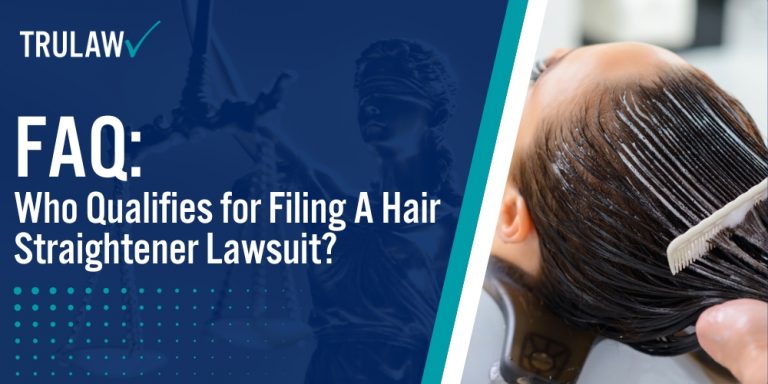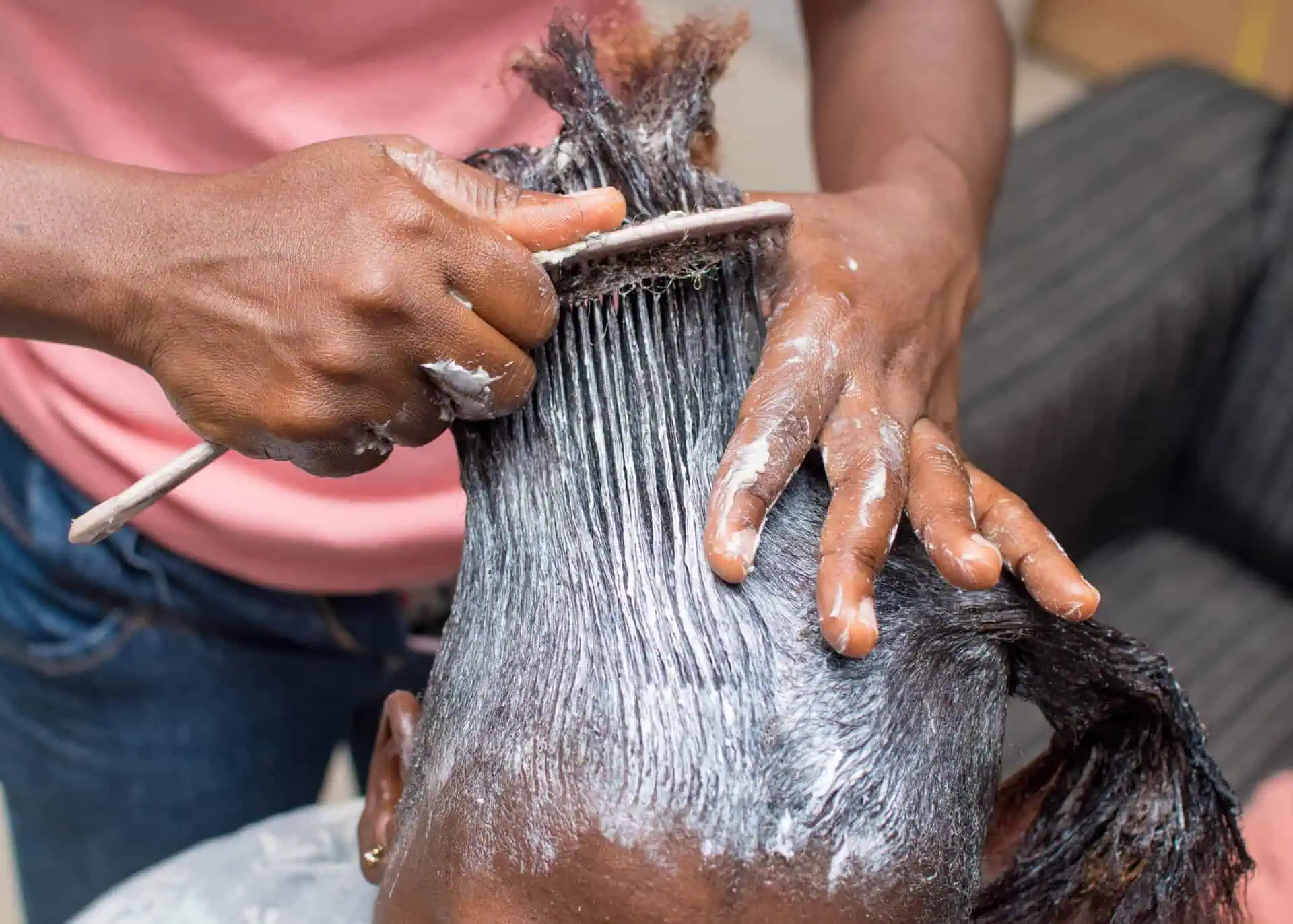An individual may be eligible to file a hair straightener lawsuit if they have used chemical hair straightening products and are subsequently diagnosed with health conditions such as uterine cancer, endometrial cancer, breast cancer, or other related health problems.
Federal agencies like the FDA are stepping in to advocate for a ban on particular hair-straightening agents posing significant health threats.
Chemical Hair Straighteners: Uterine Cancer
Women are suing manufacturers of chemical hair straighteners, such as L’Oréal, Strength of Nature, and Soft Sheen, for increasing the risk of uterine cancer.
An NIH study found that women using these products more than four times a year had over double the risk of uterine cancer compared to non-users.
The lawsuits highlight that these products contain endocrine-disrupting chemicals (EDCs) like phthalates, parabens, and DEHP, which are linked to increased cancer risk.
Black women, who are more likely to use these products, are particularly affected
Chemical Hair Products: Ovarian Cancer
Lawsuits also allege that the same chemical hair products increase the risk of ovarian cancer.
These products contain various chemicals, including sodium hydroxide, ammonium thioglycolate, and formaldehyde, which may contribute to health issues like cancer.
Plaintiffs diagnosed with ovarian cancer after using these products are seeking compensation from the manufacturers for failing to warn about these risks.
Hair Straightener Lawsuits: Endometrial Cancer
Regarding endometrial cancer, plaintiffs claim that prolonged use of chemical hair straighteners is linked to an increased risk.
The lawsuits focus on the same chemicals found in these products, which are suspected of being carcinogenic.
Similar to uterine cancer lawsuits, these claims also underscore the disproportionate impact on Black women, who are more frequent users of these products.
The legal actions seek to hold manufacturers accountable for not adequately warning about the risks of endometrial cancer associated with their products


